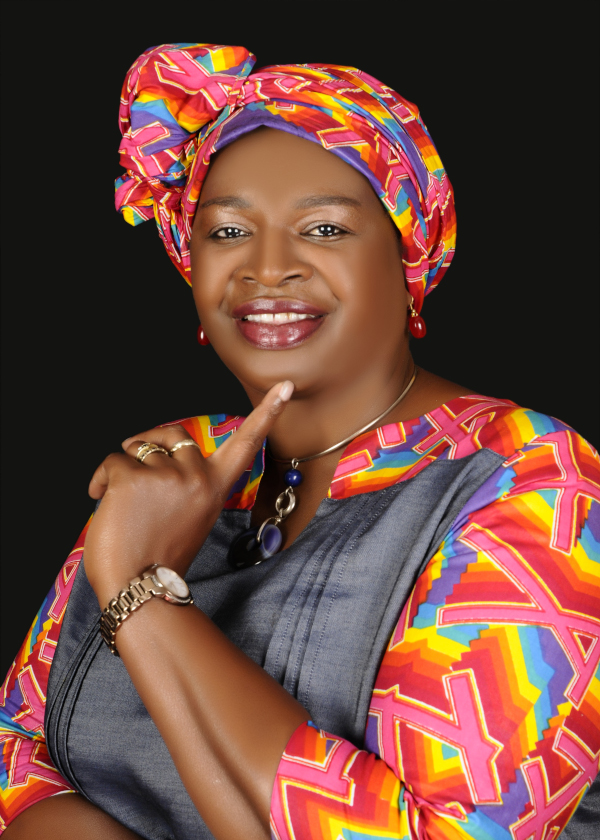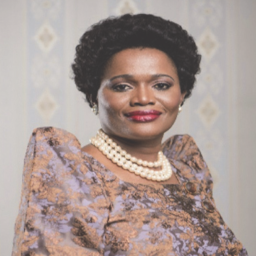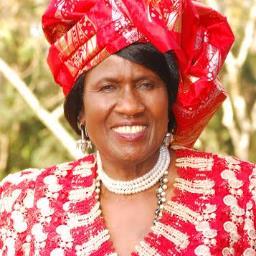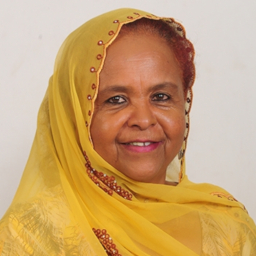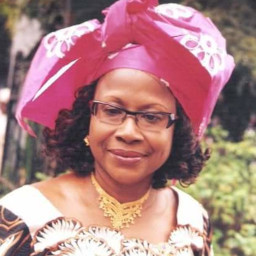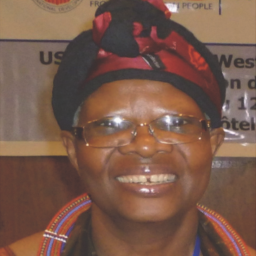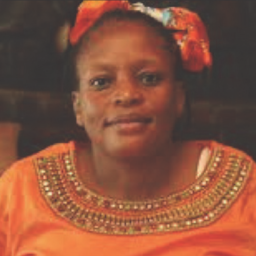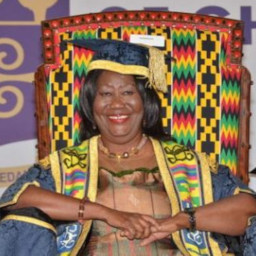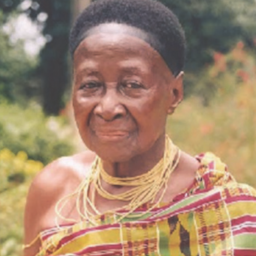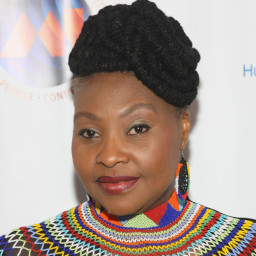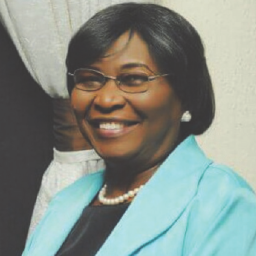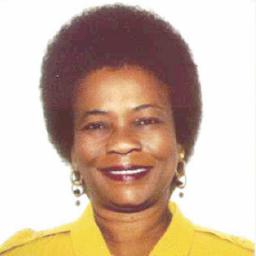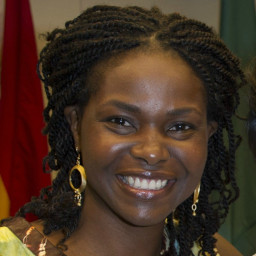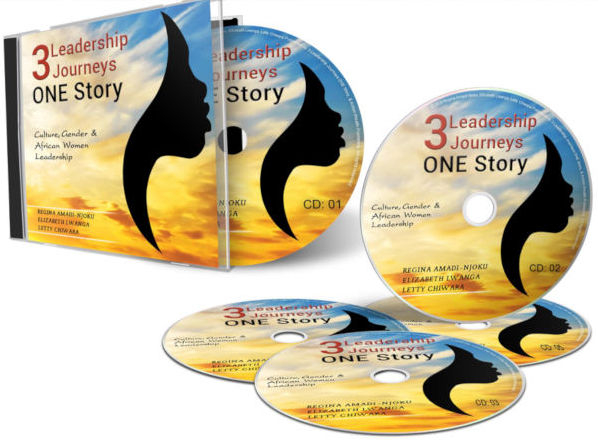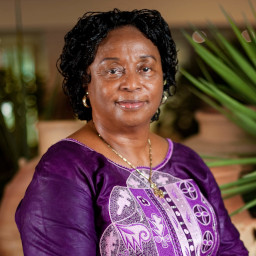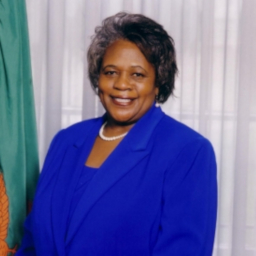About Co-Author
Letty Chiwara
Letty Chiwara of Zimbabwe has more than twenty years’ experience working in the United Nations and is currently serving as the United Nations Agency for Women Empowerment and Gender Equality (UN Women) Representative to Ethiopia, the African Union Commission (AUC), and the UN Economic Commission for Africa (ECA). Prior to this position, she was the Chief of Africa for the United Nations Fund for Women (UNIFEM), and now UN Women, and Regional Programs Manager and Program Specialist based in New York.
As a Rural and Urban Planner, she served her government of Zimbabwe as a town planning officer and under-secretary in the ministry of local government, rural and urban development. She has co-founded and contributed to several Africa women’s networks and organisations, among which are the Africa Gender and Evaluators.
Network (AGDEN), which is one of the Africa Evaluations Network (AfREA) interest groups, FemWise (African Women Mediators Network; AWLN (African Women Leaders Network), and many more. She led global advocacy and strategic partnerships with key institutions, including the World Bank, the European Commission, the International Training Center for ILO, resulting in global movement in areas including gender-responsive budgeting, financing for gender equality, gender and aid effectiveness, and rural women economic empowerment. Letty is married with two children.
Email: lmchiwara@gmail.com
